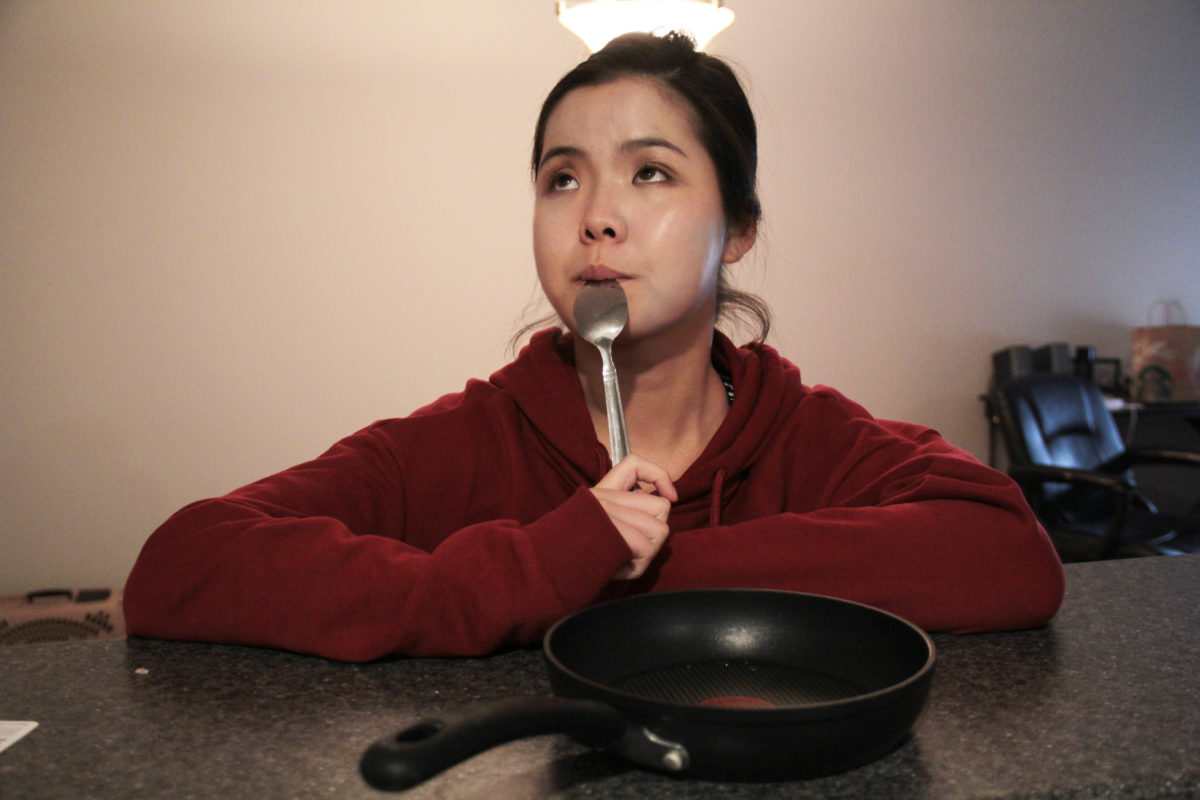The common myth that ramen noodles make up the bulk of students’ diets may be true after all.
Meal Exchange, a non-profit organization seeking to “eradicate hunger in Canada,” published a study which stated nearly half of all post-secondary students have limited or inadequate access to food due to low finances.
Over half of the students who completed the survey stated they skip buying healthy foods in order to afford shelter and tuition.
Sarah Copper, a third-year student at St. Thomas University, is not shocked by these findings.
“Because food is extremely expensive,” said Copper.
Copper said she doesn’t always know what she is going to eat each week, and works hard to form a budget including necessities like tuition, rent and food.
Copper, like many other students, purchases fast food from on-campus restaurants like Subway. She said she feels guilty each time she buys a sandwich because of the money she spends on it.
However, she said when a student forgets their lunch or has to stay on campus all day because of classes, fast food can become alluring.
“It’s so seductive,” Copper said.
Michelle Lajoie, a registered dietitian who works for Loblaws, said she sees this all the time. She meets with students who are looking for quick and easy meals, but also those who do not know how to budget or which foods to buy.
She often meets with students who are living on their own for the first time, and sees them opting to eat junk food instead of vegetables.
“Many students are not skilled at … cooking bigger meals, such as chicken,” Lajoie said.
She speculates this could be the biggest reason why students lean towards unhealthy food items.
Anna Jackson, a registered dietitian at the University of New Brunswick, agrees that students do not know how to cook large meals, but she believes money plays a bigger part in why students don’t eat healthy.
“Most just don’t have the time to work while going to school,” Jackson said.
Jackson said another problem is when students who live on campus have access to all-you-can-eat buffets where burgers, pizza and garlic fingers are readily available, and the healthy choices are pushed into the background.
Emily O’Hearn, a third-year student at St. Thomas University, said she hates having to purchase a meal plan because she lives in residence.
“The food is icky, and there isn’t much for healthy food,” she said.
O’Hearn said even though she doesn’t like the meal plan, she does not have the finances or the time to cook a wholesome meal. Instead, O’Hearn orders pizza and cooks Mr. Noodles when she doesn’t want to step foot in the school cafeteria.
Lajoie said the best way to start eating healthy is to buy items when they are on sale, take advantage of student deal days at supermarkets, avoid eating fast food, and, most importantly, take time out of your day to cook meals.

